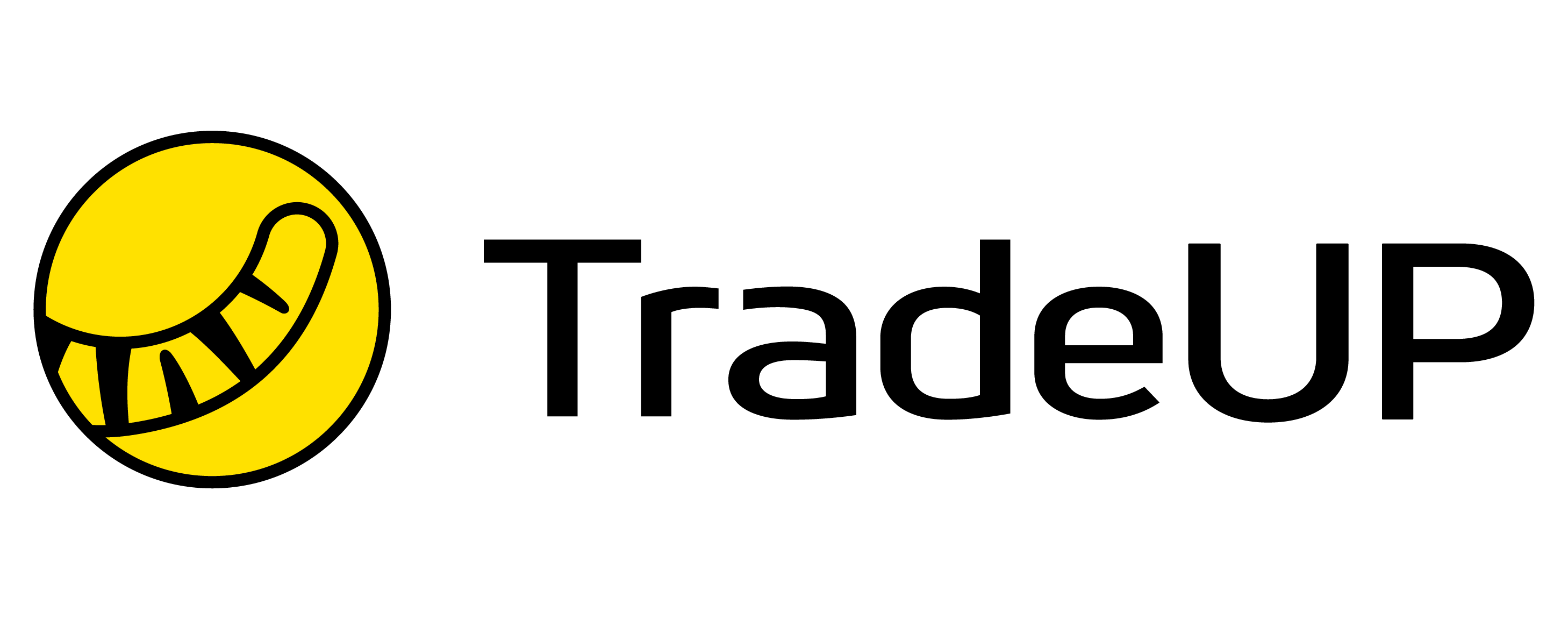Navigating Tax Season 2025: Key Tips for Filing Starting January 27

Tax season is upon us once again! Starting January 27, 2025, the IRS will officially begin accepting and processing tax returns for the 2024 tax year. For many, this annual filing procedure can feel overwhelming, but with the right preparation and knowledge, you can tackle your taxes efficiently and even identify opportunities to save money. Here’s what you need to know to make this tax season a breeze.
1. Key Dates to Remember
- January 27, 2025: IRS begins accepting tax returns.
- April 15, 2025: Filing deadline for most taxpayers.
- October 15, 2025: Extended deadline (if you file for an extension).
Mark these dates on your calendar to avoid missing important deadlines. Filing early can also help you receive your refund faster or address any potential issues promptly.
2. Gather Your Documents Early
Before you start filing, ensure you have all the necessary paperwork. Here’s a checklist to get you started:
- Income Statements: W-2s, 1099s, or other forms showing your earnings.
- Deduction and Credit Documentation: Receipts for charitable donations, medical expenses, and education costs.
- Tax Forms: If you’re an investor, forms like the 1099-B for stock trades will be essential.
- Last Year’s Tax Return: Helpful for reference and consistency.
Keeping these documents organized can save you time and prevent mistakes.
3. Leverage Tax Software or a Professional
Tax software tools are more powerful than ever, offering step-by-step guidance and helping you optimize deductions for various situations. If your finances are more complex—such as owning a business or having significant investment income—consider hiring a professional. They can help you navigate the nuances of the tax code and ensure compliance while improving your overall tax outcome.
4. Understand Tax Law Changes
The tax landscape can shift yearly due to new laws and adjustments. For 2024 filings, here are a few changes to watch for:
- Increased Standard Deductions: More tax-saving opportunities for non-itemizers.
- Tax Credits: Updates to credits like the Child Tax Credit or Earned Income Tax Credit.
- Investment Taxation: Be aware of any changes to capital gains tax rates or reporting requirements, especially if you’re an investor.
Stay informed to avoid surprises and take full advantage of available benefits.
5. File Electronically and Opt for Direct Deposit
E-filing is the fastest and most accurate way to submit your tax return. Combine this with direct deposit to receive your refund quickly—often in as little as 21 days. Many e-filing platforms integrate with financial apps like TradeUP to streamline your reporting and make the process seamless.
6. Be Vigilant About Tax Scams
Tax season often brings an increase in scams. Protect yourself by:
- Ignoring unsolicited communications claiming to be from the IRS.
- Verifying tax preparers’ credentials.
- Monitoring your financial accounts for suspicious activity.
The IRS will never contact you via phone, email, or text to demand immediate payment.
7. Tax Tips for Investors and Brokerage Accounts
If you have investments in stocks, bonds, or mutual funds, here are a few key tips for filing:
- 1099-B Form: This form reports your proceeds from sales. Make sure it’s accurate, including the cost basis.
- Capital Gains and Losses: Track your gains and losses to improve your tax situation. Long-term gains are taxed at lower rates.
- Tax-Loss Harvesting: Sell losing investments to offset gains, but avoid the “wash sale” rule.
- Qualified Dividends: Ensure dividends are reported correctly, as qualified dividends are taxed at a lower rate.
- Dividend Reinvestment Plans (DRIPs): Reinvested dividends are taxable, so keep track of them for accurate reporting.
These tips will help you manage the tax implications of your investments effectively.
8. Plan Ahead for 2025
Use this tax season as an opportunity to evaluate your financial situation and plan for the year ahead. Consider:
- Adjusting your withholdings if you owed a significant amount or received a large refund.
- Investing in a retirement account to reduce taxable income.
- Keeping detailed records of expenses throughout the year to maximize deductions.
Final Thoughts
Filing your taxes doesn’t have to be stressful. By staying organized, using the right tools, and staying informed about changes, you can confidently manage your tax obligations and even uncover opportunities to save. Whether you’re an experienced filer or new to the process, TradeUP is here to support you every step of the way.Let’s tackle tax season 2025 together—starting January 27!
Disclaimer:
The information on this blog is for educational purposes only and should not be considered as tax advice. Please consult with a qualified tax advisor for personalized tax guidance. The information contained in this material is for informational purposes only and is not intended to provide professional, investment, or any other type of advice or recommendation, nor does it create a fiduciary relationship. TradeUP does not make any representation or warranty, express or implied, regarding the accuracy, reliability, completeness, appropriateness, or sufficiency of any information included in this material. Certain information may have been provided by third-party sources, and while believed to be reliable, it has not been independently verified by TradeUP. Any investment decision should not be made solely in reliance on this material, as the information is subject to change without notice. Securities and derivatives transactions involve the risk of loss, including loss of principal. Past performance is no guarantee of future results. It is important to carefully consider the potential benefits and risks involved before making any investment decisions.






Comments are closed.